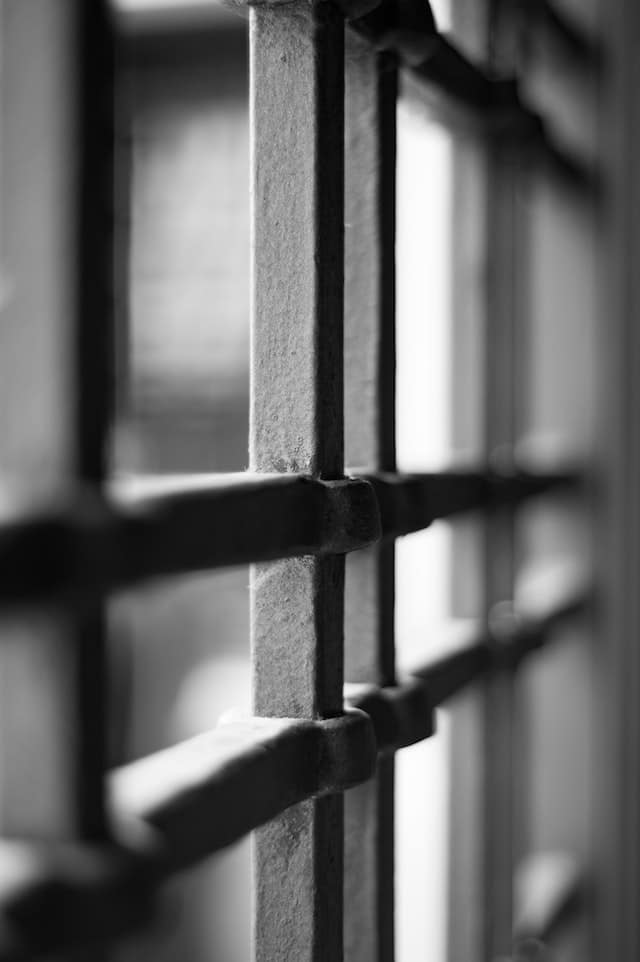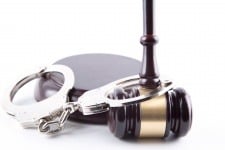What is the Right to a Speedy Trial In Baltimore? The Hicks Rule.

Under well known Maryland law, the State must bring a defendant to trial before the 180th day after the first of:
- The appearance of counsel, or
- The first appearance of the defendant before the circuit court
-Criminal Procedure Article §6-103 and Maryland Rule 4-271.
This rule is popularly known as the “Hicks” deadline, and the corresponding try-by date the “Hicks” date. Attorney Eric T. Kirk says the speedy trial rule is on its face clear, unambiguous and seemingly mandatory. However, there is an exception allowing for a continuance of a case beyond the rigid 180 day boundary upon a showing of good cause.
The causes that have been considered adequate for postponement under this Hicks rule might come as a surprise to those incarcerated, without bail, awaiting trial.
“[T]he unavailability of a judge, prosecutor, or courtroom – or general court congestion in a particular jurisdiction – could satisfy the good cause standard”.
–Anthony Marlin Tunnell v. State of Maryland No. 28, September Term 2019

Moreover, like any other right, Hicks can be given up. Where defendant affirmatively seeks a continuance beyond 180 days, or does not appropriately oppose such a request, the requirements of the Rule will not apply. “Dismissal of criminal charges would be “inappropriate” in situations where the defendant, personally or through counsel, seeks or expressly consents to a trial date that does not comply with the Hicks rule.” Tunnell, supra. If a case is continued beyond the 180 day mark, a reviewing appellate court with employ a two step process to determine if there has been a violation. Tunnell, supra. “To assess the consequences of a postponement of a criminal trial past the Hicks date, courts have evaluated the delay in two steps: (1) Was there “good cause” for the administrative judge to grant a postponement of the scheduled trial date? (2) Was there an inordinate delay from the scheduled trial date to the new trial date in commencing the trial? See Rosenbach v. State, 314 Md. 473, 479-80 (1989); Frazier, 298 Md. at 448. An administrative judge’s determination that there is good cause for a continuance is “a discretionary matter, rarely subject to reversal upon review.” Frazier, 298 Md. at 451. The defendant must show an abuse of discretion or a lack of good cause as a matter of law. State v. Fisher, 353 Md. 297, 307 (1999).” Tunnell, supra.



